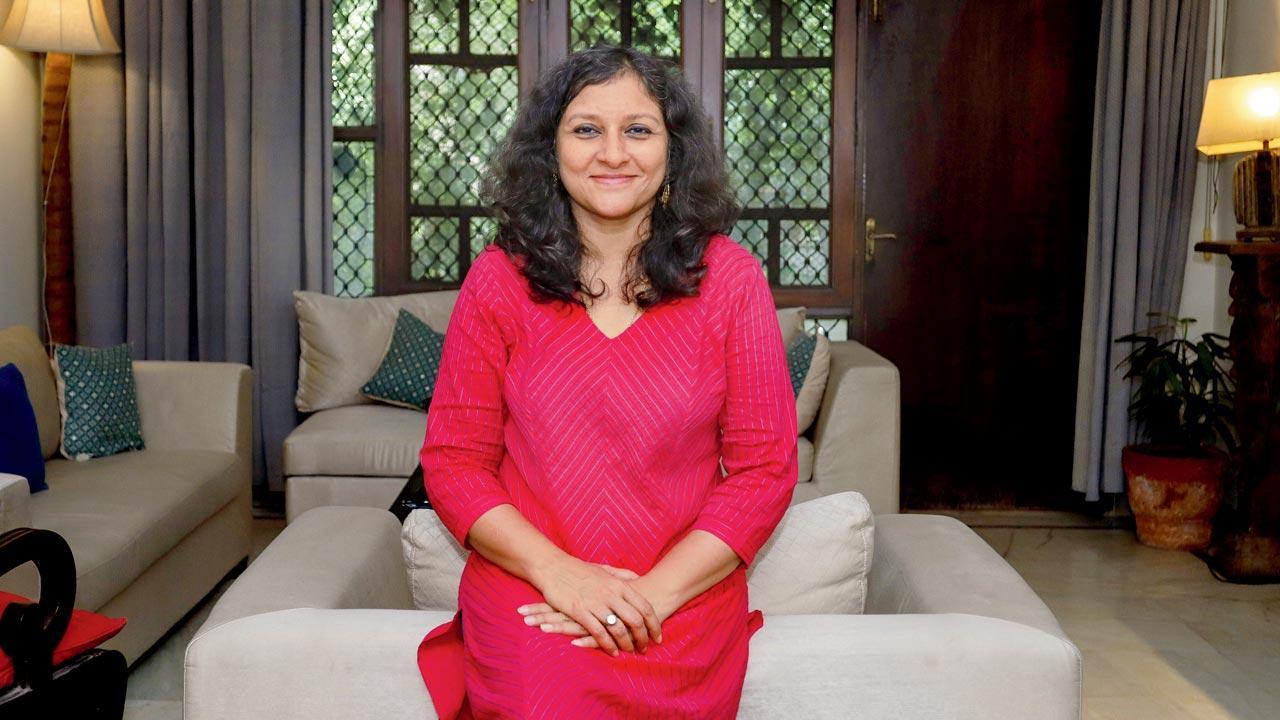Home / Sunday-mid-day / / Article /
Read. Listen. Watch. And more
Updated On: 03 July, 2022 02:21 PM IST | Mumbai | Jane Borges
In their first interview after joining hands with Pratilipi, the team of the just-resurrected publishing house Westland Books say they are learning to unlearn traditional publishing so that their titles travel in different formats to their readers

Karthika VK, publisher, Westland Books, says the team is still in the process of signing fresh contracts with the authors. While the backlist titles will be out by July end, the new titles will be announced in August. Pic/NishadAlam
There`s a sense of relief now, combined with a renewed sense of purpose,” shares Gautam Padmanabhan, CEO of Westland Books, when we connect with him over a Zoom call. The last few months has seen his publishing house wade through periods of shock, gloom and uncertainty after Amazon on February 1 announced the “difficult decision” of shutting down Westland, which it had acquired from the Tatas in 2017. With that, a five-year association abruptly came to an end, putting a pause on the hundreds of books that had emerged out of Westland’s stable. “To actually be in a situation where one is talking about winding down business was unique. It was not a great place to be in. [At the time] we were worried about what the future held for us. What we didn’t anticipate was the groundswell of support. In a way, that gave us hope and motivated us to even think of continuing and restarting Westland,” says Padmanabhan. Among the first people to reach out, he recalls, was Ranjeet Pratap Singh, CEO and co-founder of Bengaluru-based storytelling platform Pratilipi. “He wanted to explore the possibility of working with us.”
Last month, the two companies officially sealed the deal, with Westland Books joining Singh’s team.
Westland was launched in 1994 as a joint venture between East West Books—started in 1962 by Padmanabhan’s family—and Landmark. Pratilipi’s online literature product has over six million stories; it also houses India’s largest online comics product (Pratilipi Comics), largest fullstack podcasting studio (IVM Podcasts), audio book platform (Pratilipi FM) and the fastest growing creator merchandising company (Grow91). Singh says publishing had always been on his mind. “In our mind though, that was a conversation for three to four years from now,” he says. “But when the news [of Westland shutting down] broke out, we wanted to see if there was anything potentially possible. We had conversations with Amazon, as well as Gautam and Karthika VK [publisher, Westland]. We liked them enough, and fortunately, they liked us too.”



